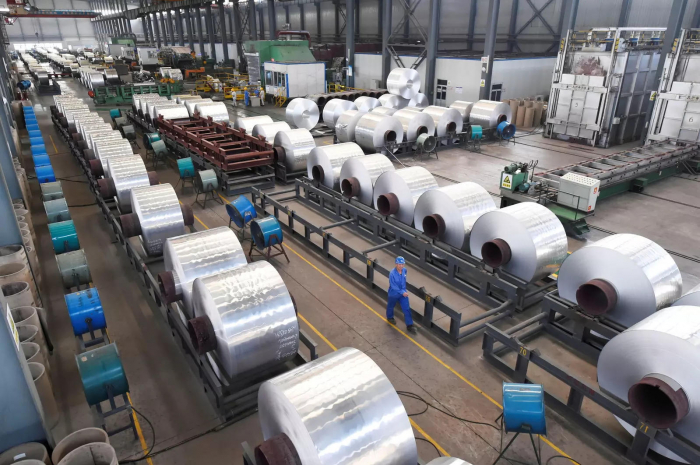Irek Galiamov, head of ‘Positive Consulting’ business plant development centre talks about trends in the international non-ferrous market, consumption psychology and green energy in his interview to Vzglyad.az.
- How would you sum up the goings-on in the international non-ferrous metal market? What factors pressure the market?
- First of all, there are no significant restrictions on the export from Russia, which affects the non-ferrous metal market. In particular, Norilsk Nickel accounts for 40 percent of the world’s palladium production and around 20 percent of nickel, which in addition to stainless steel, is used in batteries. Secondly, the prices in the international market are currently attractive. Two Russian conglomerates, Norilsk Nickel and Rusal remain the main suppliers of non-ferrous metals in the world. In this regard, the decision by Australia to ban the export of raw materials for aluminium production becomes relevant. Restructuring of supply chains and incorporation of substitute products are all a matter of time. This will lead to an expected pivot in the Russian domestic market and they will establish comprehensive production to address this challenge. Fourthly, Norilsk Nickel has announced dividend payment, which means the company feels comfortable. This always serves as a certain driver for growth. Finally yet importantly, one of the main factors that affect the price surge for non-ferrous metals is the geopolitics, the special operation in Ukraine.
- China already accounts for almost 60% of global steel demand and consumption. How strongly does the Chinese factor influence the non-ferrous metals market?
- The Chinese factor should also be taken into consideration. We have been hearing promises by Chinese officials to apply expansionary actions. These have solid grounds. China is experiencing an uplift in the energy sector. The Chinese government is also supporting the real economy that suffered greatly because of the pandemic. Accordingly, the next step would be growing non-ferrous metal consumption in Russia, particularly in launching new investment projects. Russia will become one of the consumers in the world market, which is something it has never done before.
- What would you personally forecast regarding the price growth for non-ferrous metals? What will happen next in the market?
- As the logistics chains steady themselves out on a global scale and market pivot, I can see a 50-70 percent price surge for non-ferrous metals. This is the classical economy of sorts. The demand for non-ferrous metals is there but limited due to the geopolitical situation. While we have dynamic demand, the supply is accordingly limited. This situation must, in theory, prompt the prices for non-ferrous metals to grow.
- How do renewable energy sources impact the market for ‘energy metals’?
- The renewables certainly have a say. Moreover, the term ‘circular economy’ exists not only in the economy block but also in the science and motor industry. So far, the developments have been nothing more but theoretical. I believe this matter requires a much deeper approach. It is not the technology that needs to change, but the people. Ultimately, the human factor, the demand for renewables, determines the client’s ‘avatar’. If the world population is psychologically ready to pay for it, so to speak, it will shape the self-awareness mechanism. This is when the RES will be able to compete earnestly with traditional energy resources. However, this still requires much to do.
Many states are indeed pursuing the green economy policy at the level of banks and multinational companies. It is the latest fashion in trends. Having said that, the sanctions on Russia will impede the transition to ‘a green economy in the country, whereas the international market has already started tracking the new trend. The active consumers, who are able to shape such self-awareness, will still have the last word in this matter. The promotion of a green economy and the willingness of countries to support this direction will play a fundamental role in the transition to renewables in the economy.
Consumption psychology goes hand in hand with the economy. The modern youth all over the world, especially those who grow up in Europe and the United States, is more interested in the ‘green economy. But the determinant factors are still the steps taken and the industries supported in the field of ‘green economy. However, behavioural economics will ultimately play a pivotal role in consumption in the future.
Seymur Mamedov
Vzglyad.az
More about:
















































